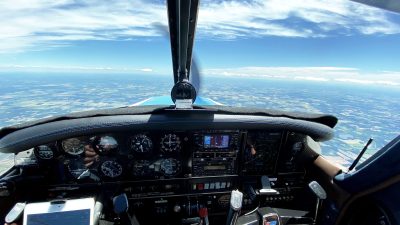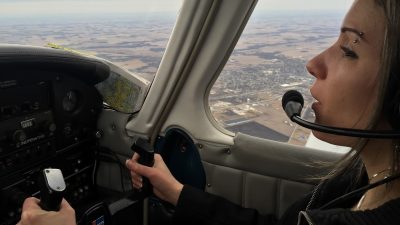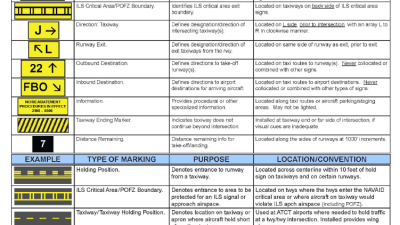Choosing the right flight instructor is one of the most impactful decisions you’ll make in your aviation journey. This relationship is central to your success as a pilot, affecting not just your performance but also your enjoyment and confidence in the cockpit. While selecting an instructor may feel like a daunting task, it becomes easier when you know what to look for. Here’s a guide to finding the ideal instructor who can partner with you in reaching your flying goals.
1. Start with the Right Flight School
Before choosing an instructor, the first step is finding a flight school that aligns with your goals and resources. Consider these elements when selecting a flight training facility:
- Well-Maintained Aircraft: The school should have a good fleet of well-maintained planes, ensuring safe and consistent training.
- Airport Location: Proximity matters, especially if you plan on training multiple times a week. Being close to your training location makes it easier to commit and reduces travel fatigue.
- Pricing and Package Options: Training can be expensive, so ensure that the school’s pricing fits within your budget and offers value for your needs.
Once you’ve found a school that meets these criteria, check with them on the availability of instructors. Many schools have a roster of in-house instructors or maintain a list of approved instructors who can work at their facilities.
2. Find a Personality Fit
Since you’ll be spending significant time with your instructor in close quarters, compatibility is essential. Look for an instructor whose personality complements your own, making for a comfortable learning environment. Do a trial lesson or meet for a brief conversation before committing. Pay attention to:
- Communication Style: Can the instructor explain things clearly, in a way that you can understand and retain?
- Attitude and Patience: A supportive and patient instructor can make a world of difference, especially when tackling challenging maneuvers.
- Enthusiasm for Teaching: A good instructor should be passionate about teaching and enjoy sharing their knowledge with you. They should make learning engaging and rewarding, not just a box to check.
3. Check for Relevant Experience and Teaching Skill
It’s essential that your instructor is both knowledgeable and skilled in sharing that knowledge effectively. A good pilot isn’t always a great teacher, so look for an instructor who can communicate concepts clearly and relate them to your level of experience. You’ll want someone who:
- Has Sufficient Experience: Inquire about their flying background, including total hours, experience in various weather conditions, and any specialties like cross-country or instrument flying.
- Teaches for Understanding, Not Just Checklists: The best instructors ensure you understand why procedures exist, which enhances your situational awareness and decision-making as a pilot.
4. Consider Availability and Scheduling
Your instructor’s availability should align with your own schedule. Ask about the times they typically fly and whether they can accommodate the times you’re most likely to be free. Since many flight instructors are also working toward their own career advancement (often in airlines or corporate aviation), it’s wise to ask about their career plans. This helps set expectations about whether they may need to step away from instructing before your training is complete.
5. Align on Your Goals and Training Style
Flight training isn’t a one-size-fits-all experience, and it’s important that your instructor tailors their approach to your goals. When discussing training with a prospective instructor, outline your purpose for learning to fly:
- Professional Aspirations: If you aim to become a career pilot, you might want an instructor with experience in advanced certifications or knowledge of the commercial aviation path.
- Recreational or Personal Flying: If flying is more of a personal passion or a hobby, make sure your instructor is supportive of a pace that aligns with your goals.
- Flexible Teaching Approach: Some students prefer structured, checklist-driven lessons, while others might enjoy a more scenario-based approach to learning. Discuss which style resonates with you.
6. Trust Your Instincts
Finally, trust your instincts. The instructor-student relationship is deeply personal, and feeling comfortable with your instructor can boost your confidence in learning. If anything feels off after the first few lessons, it’s perfectly okay to explore other options. The goal is to find someone who feels like a true partner in your journey.
The Bottom Line
Your flight instructor will be more than just a teacher; they’ll be a mentor, guide, and the cornerstone of your training experience. Take the time to choose carefully—considering factors like personality, expertise, availability, and alignment on goals—so that you have the best possible start to your aviation adventure. With the right instructor, you’ll be equipped to soar confidently and safely as you work toward your dream of becoming a pilot.



